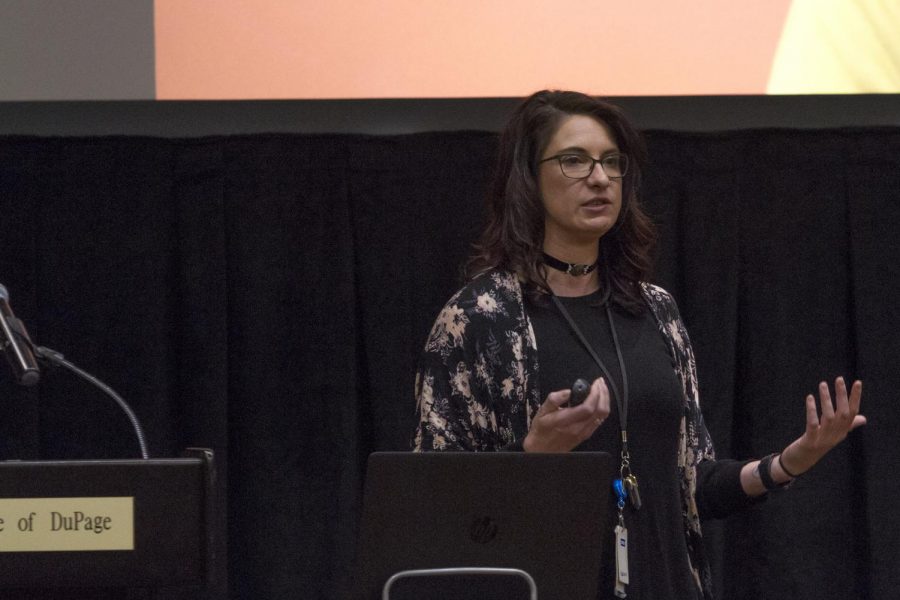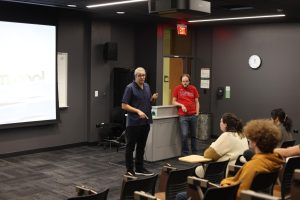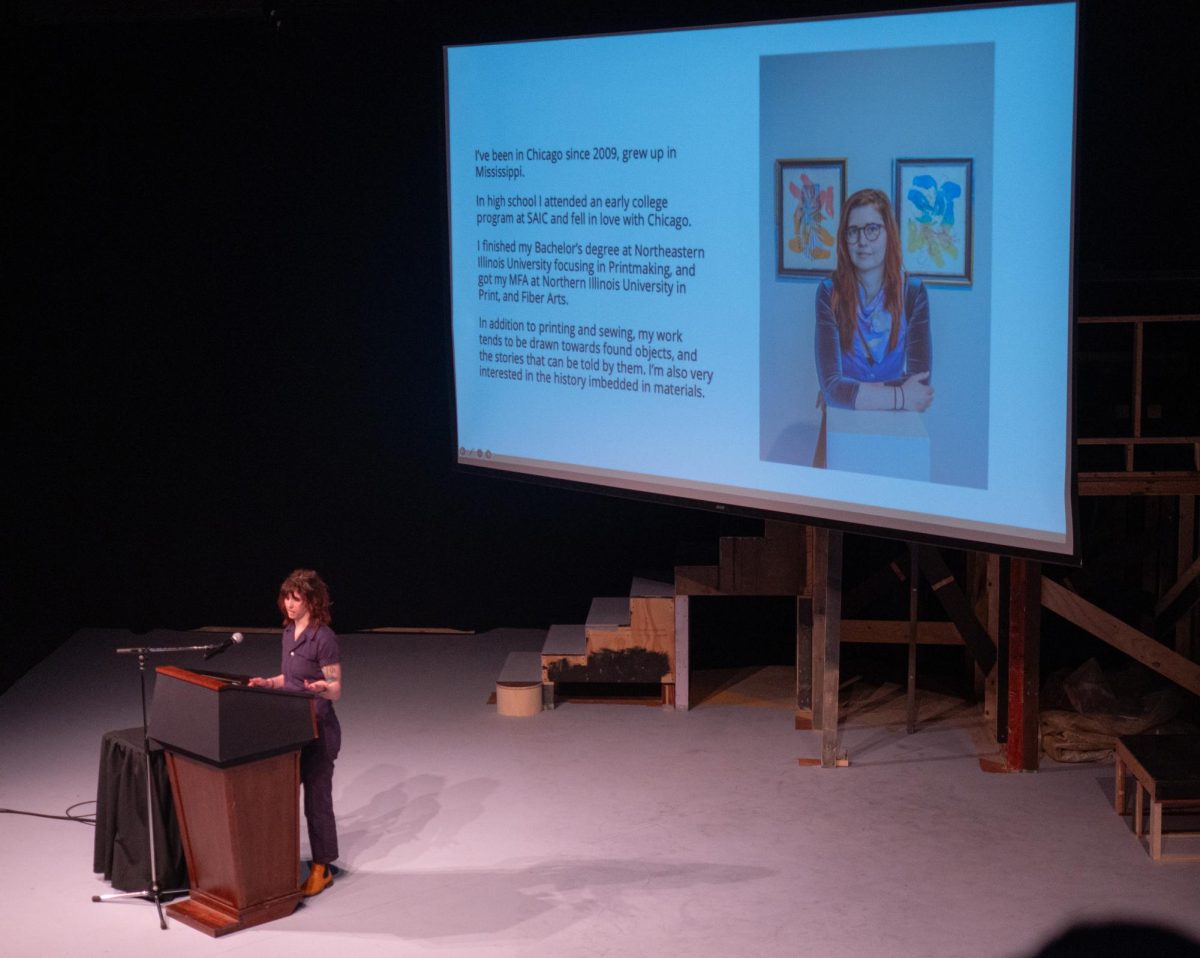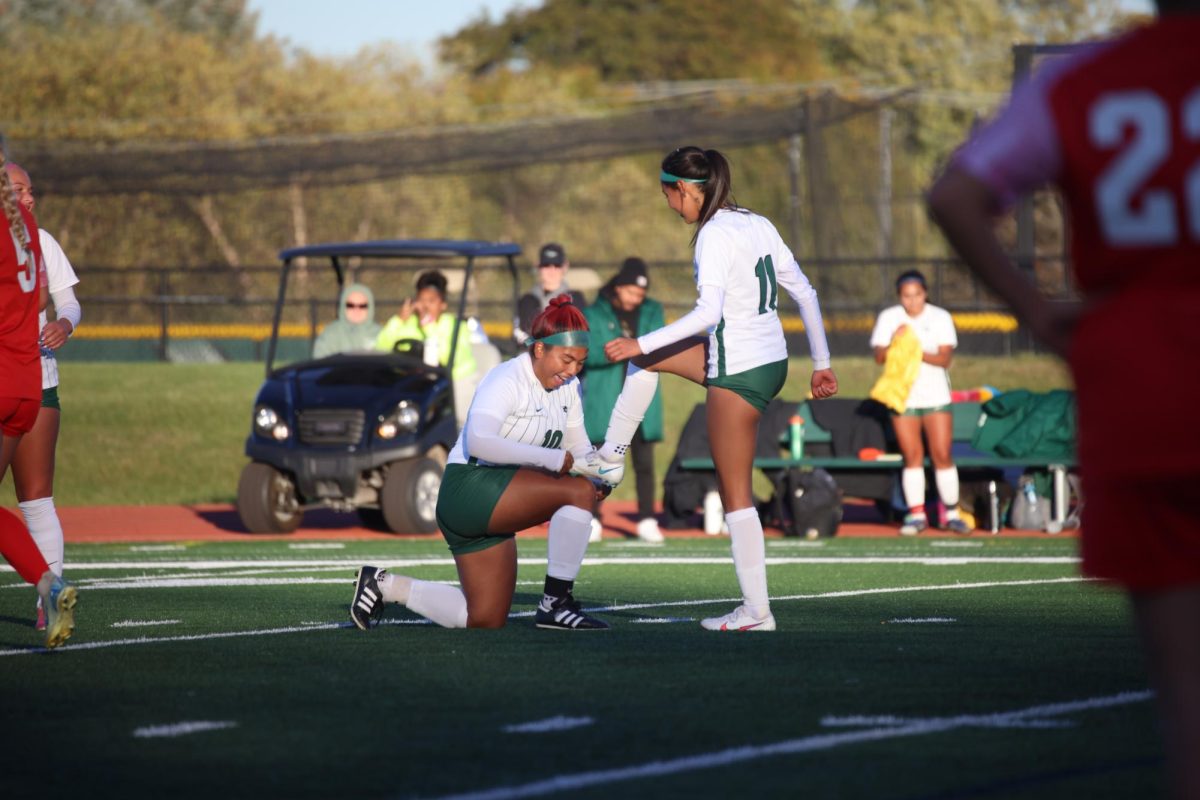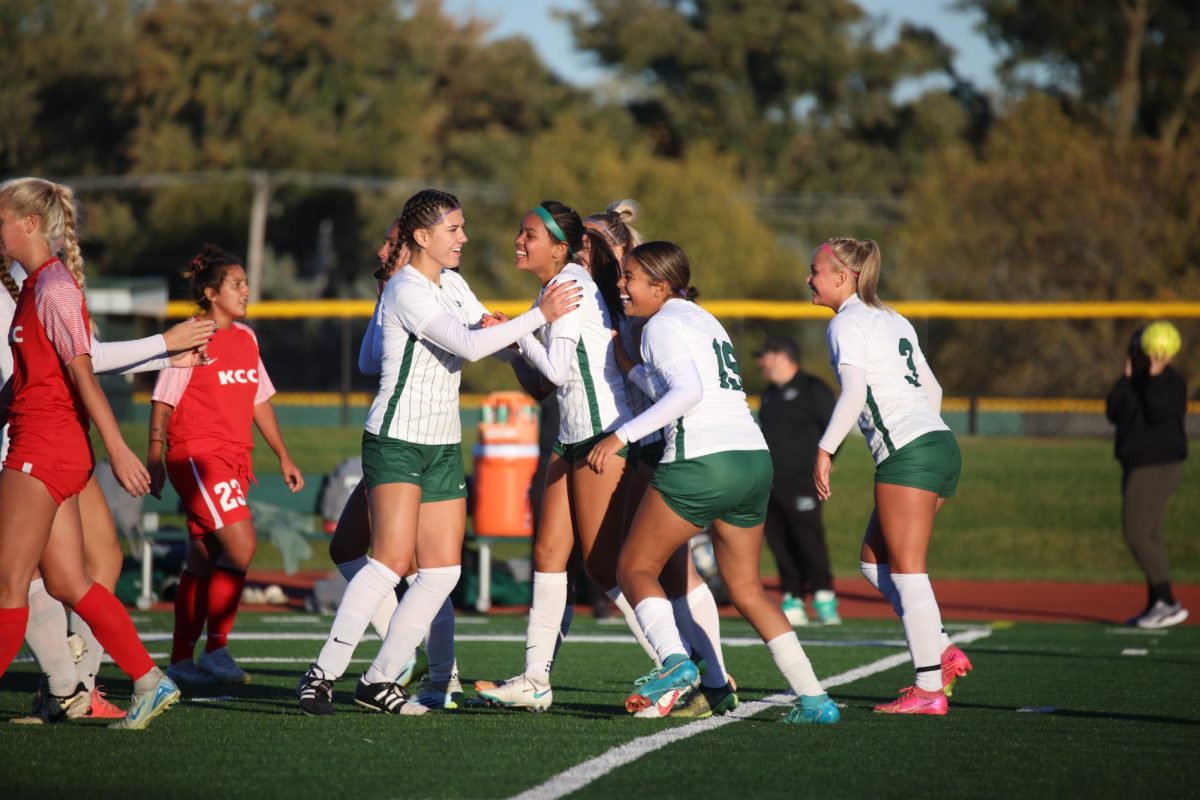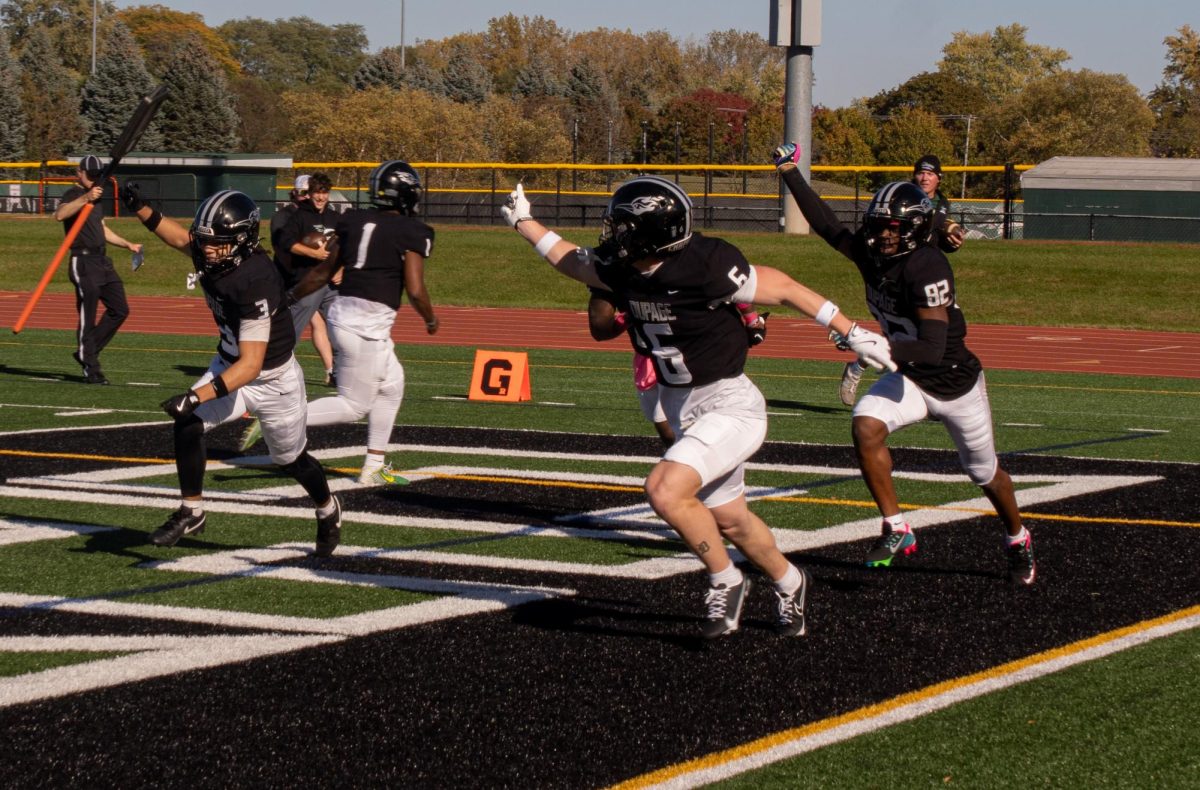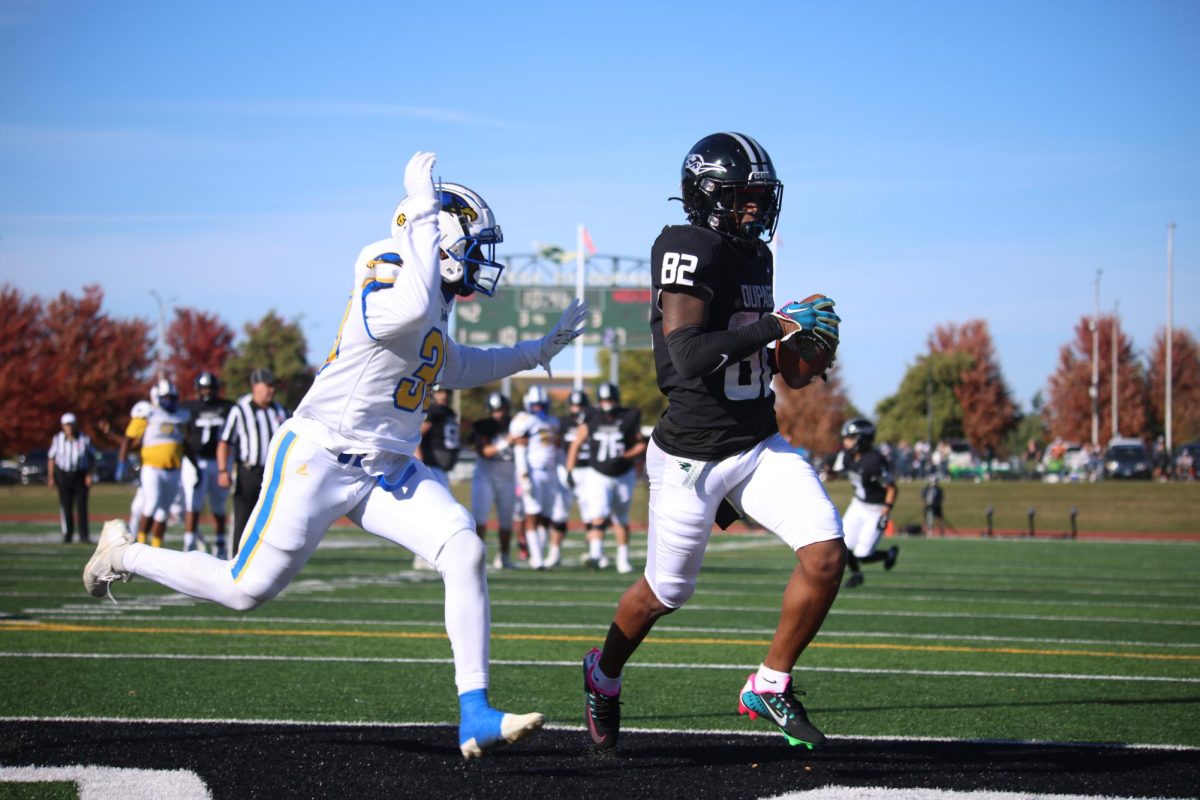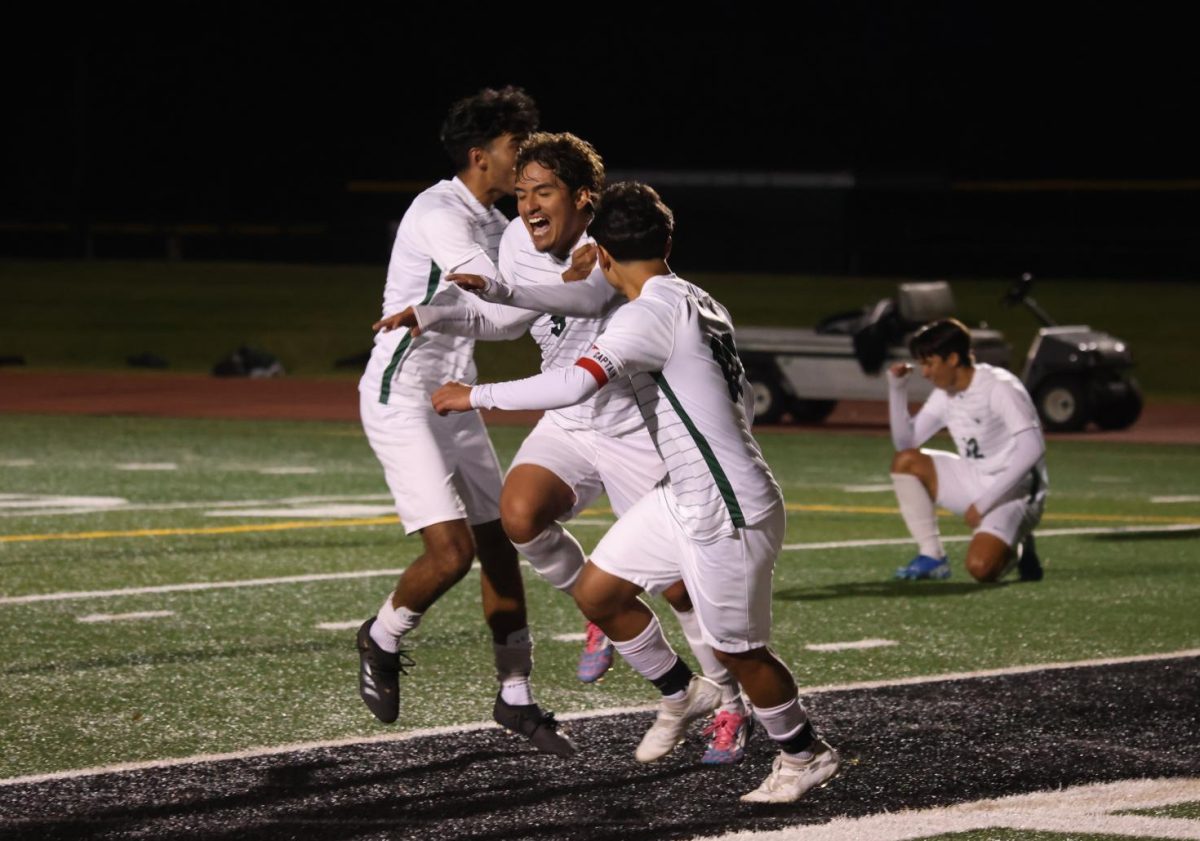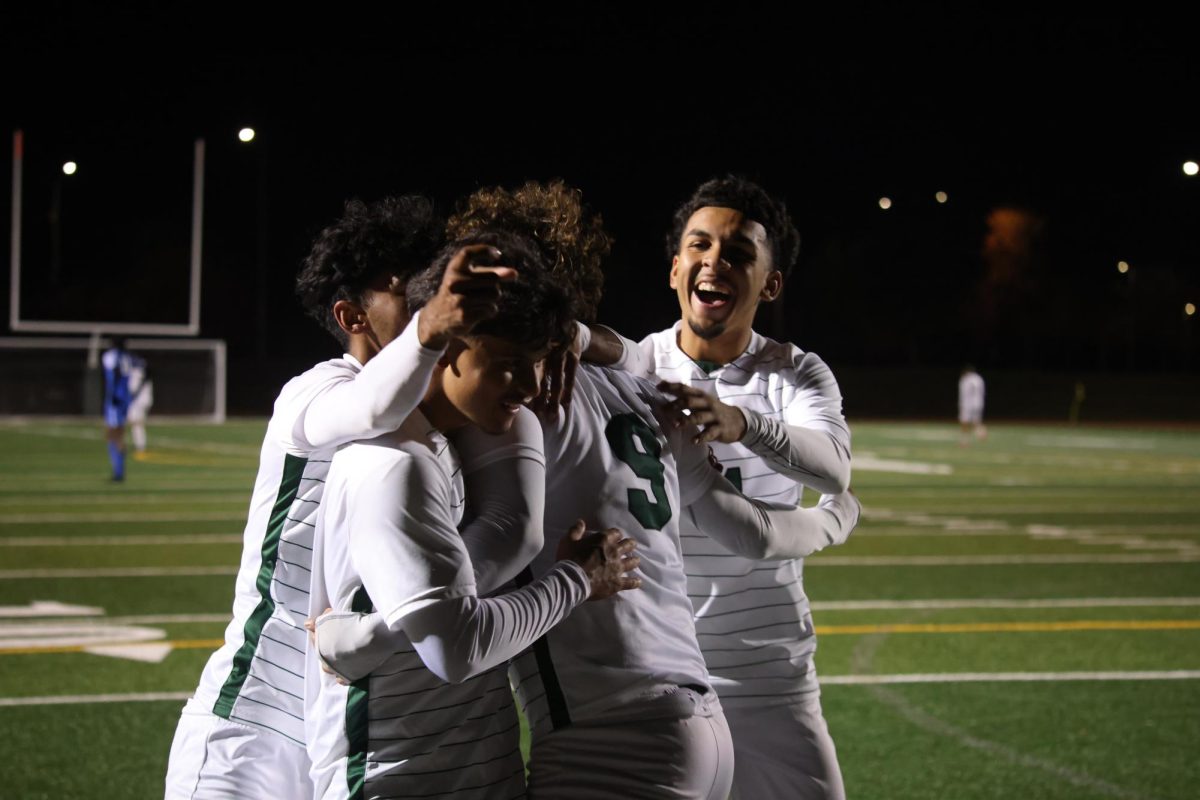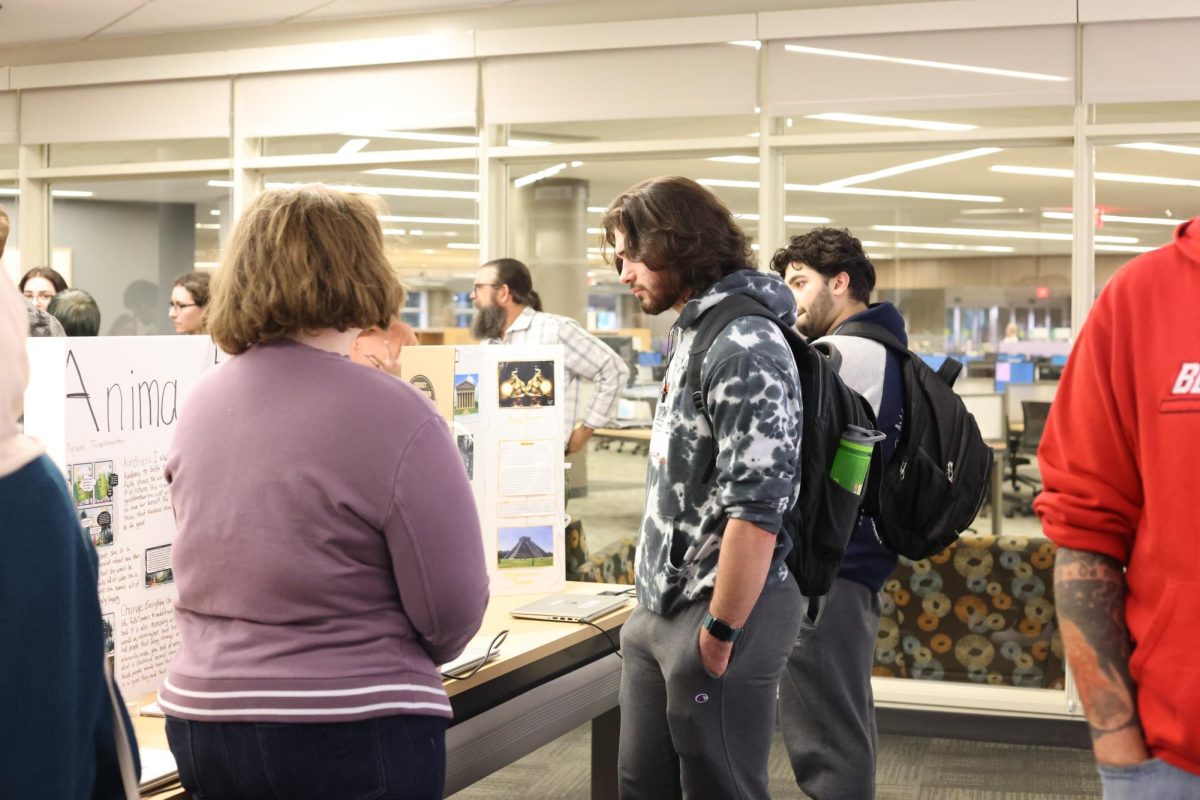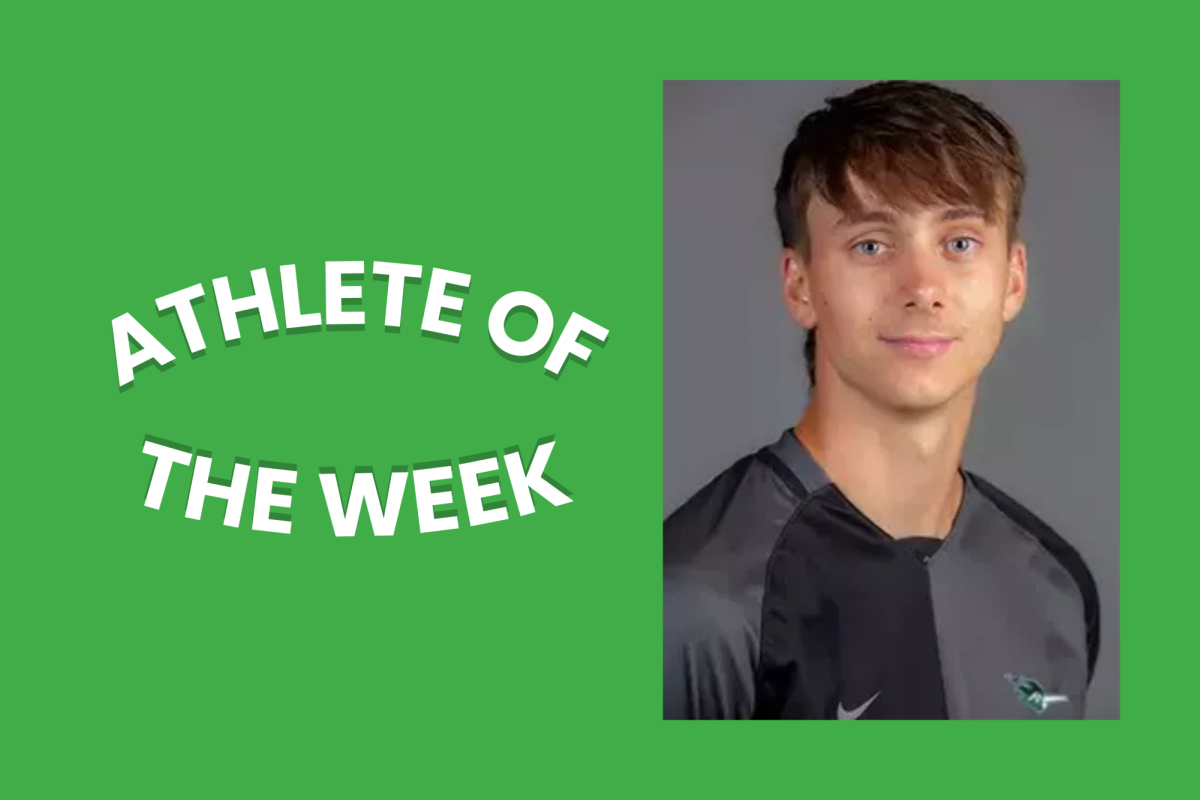Former COD student Colleen Zavodny on taking a stand against sexual assault and violence
Colleen Zavodny during her presentation on Monday
October 31, 2017
On Oct. 30, Colleen Zavodny, a former College of DuPage student was on campus to talk about issues surrounding sexual assault awareness and prevention. After her presentation in the Jack H. Turner Conference Center, I had a brief chat with her, here is how it went:
Vandy Manyeh: How important is it that we talk about the sexual assaults at colleges and universities?
Colleen Zavodny: It is very important right now in colleges and universities especially considering everything that is going on on the national level with Title IX. One of the things that the previous administration had done was to put the onus on having college campuses talk and dialogue about sexual assault, and that has to be the kind of conversation that continues because we have seen Title IX violations across all 50 states on college campuses.
VM: What are your personal feelings about recent actions geared towards tackling sexual assault and Title IX?
CZ: I feel as a state, we’ve done really well to enhance Title IX with the new Preventing Sexual Violence in Higher Education Act. On the national level, I think Illinois is a well-protected state when it comes to talking about Title IX issues at college campuses. This act mandates that designated employees have training on responding to disclosures so that they feel equipped. There is also a provision for continuing education that makes sure they keep up to date with issues of personnel violence. It also mandates that there be a confidential advisor for every college campus so that students have somebody confidential that they can go to, that will help them walk through any process and procedures that the college has in place.
VM: What is the status of sexual assault at universities and colleges around the DuPage County area?
CZ: A lot of people think that because we live in DuPage County, assaults don’t happen. But the reality is sexual assault doesn’t have any discrimination. It doesn’t care what gender you are, what economic class you are and what race you are. Every college campus in DuPage County has some type of interpersonal violence that occur on it. One of the great things again of the Preventing Sexual Violence in Higher Education Act is that it is bringing more awareness to the fact that this is real and we need to help survivors.
VM: How do you think society can do better when it comes to the issue of sexual assault?
CZ: We can do better by engaging in positive dialogue about sexual assault and interpersonal violence. We need to start having these conversations when children are younger all the way through adulthood. I know these issues are hard to talk about, but it does a disservice just to brush it under the rug and pretend like it doesn’t happen. It’s happening in our backyard, and if we don’t do something about it and engage in that dialogue, then people are thought to just be quiet and deal with it. That is an injustice to survivors.
VM: Do you think we are making any progress?
CZ: I do think we are making some progress. There are a lot more outreach and educational opportunities about sexual assault and interpersonal violence. I really do think there are great things that are going to come into place; new legislation for law enforcement that helps all of them have additional training. In DuPage County, for example, we have a committed team that is committed to ending interpersonal violence and I think that will continue to get stronger year by year.
VM: Given your experience as a person who works along with law enforcement, how transparent is the process when it comes to allegations of sexual assault?
CZ: With the legislation that Illinois passed on January 1, there is definitely more transparency to the criminal justice process and you have multidisciplinary teams that are working together to increase that transparency.
VM: Let me say my friend is a victim of sexual assault, what can I do as a student to help?
CZ: You can listen to your friend. You can make sure that he/she has resources within the county. I think the biggest thing is to allow them to do things at their own pace. Sometimes survivors aren’t ready to talk about what happened to them, you just have to give them space. Let them know you want to support them.
VM: During your presentation, you mentioned that there is a relationship between sexual assault and technology. Why is that the case?
CZ: As a society, we are trying to hide behind media even more and we lack those interpersonal relationships and connections with people. If we don’t start having conversations about what authentic relationships look like, then I think digital technology and correlation between somebody going on Messenger and being sexually harassed and leading into another situation is going to become higher. A lot of people who are trafficked are trafficked because there is an initial connection behind the digital media.
Zavodny has been providing victim-centered, comprehensive and compassionate advocacy services for victims of sexual assault through the YWCA since 2008. She is a well-respected informant and colleague to professionals in the various systems that provide services to sexual assault survivors; she provides professional training for law enforcement agencies, hospital staff and educators as well as many other service providers. Colleen was awarded the College of DuPage Adade Wheeler Women of Distinction Award in 2012 for her work in the community.

